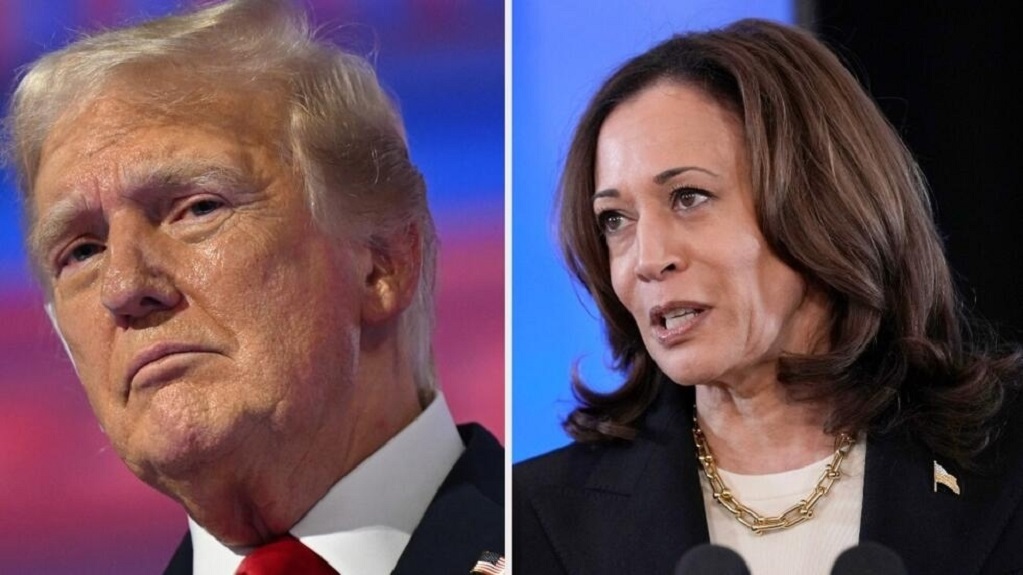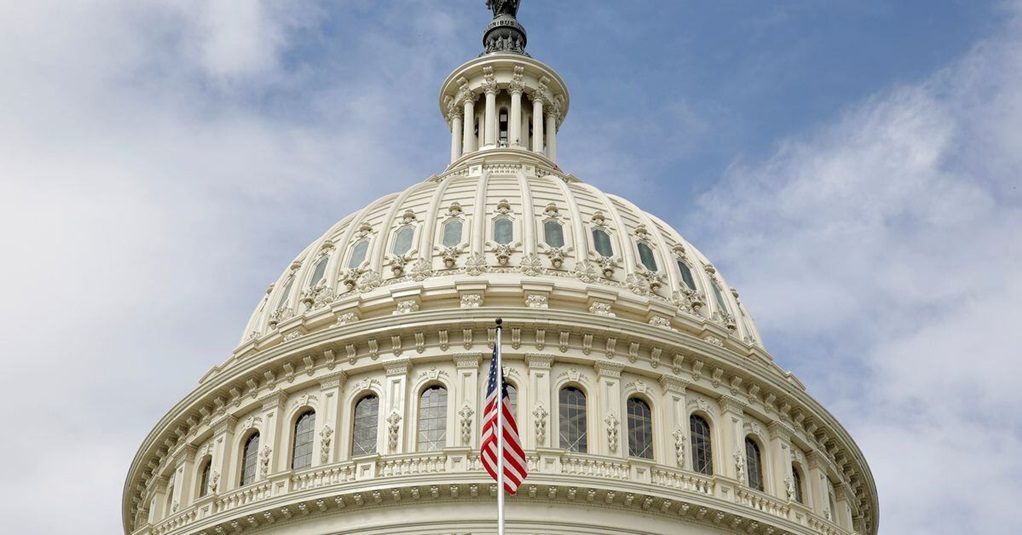Civil Society Warns of ‘Critical Gaps’ in UN’s Draft Cybercrime Treaty
Written by worldOneFm on February 13, 2024
WASHINGTON — Civil society is pushing the United Nations to make changes to a global cybercrime treaty, which they say lacks safeguards for journalists and human rights defenders.
The U.N. met in New York earlier in February for what had been scheduled as a concluding session, but member states were unable to find consensus.
Originally proposed by Russia in 2017, the treaty is designed to create a globally agreed legal framework to combat online fraud, scams and harassment.
Known commonly as the Cybercrime Treaty, its purpose is to help define how countries investigate and criminalize cybercrime-related matters.
But many civil rights groups have called attention to the treaty’s language, which they say is too broad and potentially harmful to researchers and journalists. Some warn that member states could use the treaty to limit free expression or justify state surveillance.
Ahead of the session, around 50 organizations and experts, including Human Rights Watch and PEN International, issued a joint statement calling attention to potentially problematic provisions.
“Robust and meaningful safeguards and limitations are essential to avoid the possibility of abuse of relevant provisions of the Convention that could arise under the guise of combating cybercrime,” the statement said.
The statement concludes by urging state delegations to address “critical gaps” in the draft.
The suggested fixes include narrowing the scope specifically to define cyber-dependent crimes and ensuring that vulnerable people or entities are not prosecuted for “legitimate activities” or other “public interest activities.”
Barbora Bukovska, senior director for law and policy at rights group Article 19, says her organization signed the joint statement due to the treaty’s global impact on civil society.
“Countries around the world will be able to rewrite their criminal and surveillance laws in a way that does not protect human rights,” Bukovska said. “Or countries that do not have cybercrime laws will be enabled and emboldened to adopt restrictive ones.”
She noted that one of the biggest challenges during the process of revising the treaty has been surveillance-related provisions and expansion of surveillance powers, largely pushed by Russia and China.
States are searching for ways to increase surveillance under the guise of combatting cybercrime, Bukovska said.
Both China and Russia have dire human rights and press freedom records. Watchdogs have long documented how such authoritarian regimes use laws regarding national security and espionage to imprison journalists and critics.
Several countries have already used cybercrime laws to prosecute journalists. Nigeria in February charged four journalists with “cyberstalking” in relation to their coverage of fraud allegations, according to the Committee to Protect Journalists, or CPJ.
Elsewhere, Iran has a cyber police unit to monitor online activity and Nicaragua approved cybercrime legislation, which it says tackles false information but that analysts say can be used to retaliate against critics.
Raman Jit Singh Chima, global cybersecurity lead and senior international counsel at Access Now, which also signed the statement, said the latest draft has worsened since previous negotiations.
Although Access Now understands several states want some form of legal agreement on how cybercrimes are investigated and how states cooperate, Chima said the treaty should not escalate existing situations or do harm to vulnerable actors.
One of the most critical recommendations that Access Now and others are pushing for is an explicit set of provisions protecting “good faith” actions, such as the work of security researchers, journalists and activists, from criminalization.
Chima said the language of the treaty should include strong standards for the right to privacy protected under human rights law and that the principles of “necessity, legality and proportionality” should apply to any government action under the treaty.
With several countries expanding or adopting cybercrime laws and using them against journalists, it is crucial that “problematic” provisions in the treaty do not become international law, he said.
If the treaty is adopted, he said, Access Now will advocate against countries ratifying it to try to “minimize the harms.”
The U.N. is still finalizing the treaty language and should reconvene later this year.
Member states can choose not to sign or ratify the treaty and could use a simple majority in the General Assembly to draft a new document.
By Maya Jimenez







